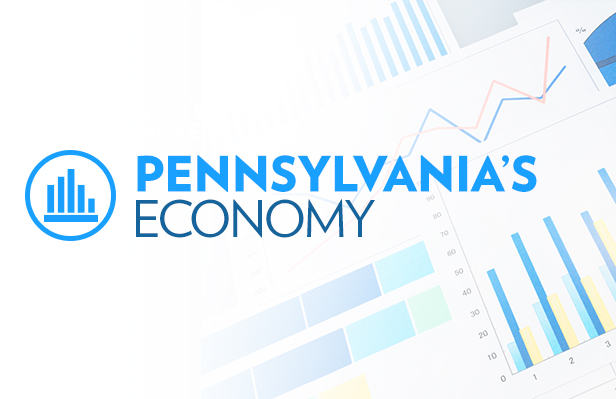Media

The Inquirer’s Problematic Budget Prescriptions
A Philadelphia Inquirer editorial urges optimism about the forthcoming state budget debate. It’s certainly well-warranted. Gov. Wolf and legislative leaders have repeatedly expressed interest in redesigning state government to avoid broad-based tax increases. This is a welcomed departure from past proposals to enact large tax hikes on working Pennsylvanians.
However, the governor still won’t completely rule out tax hikes. He’s likely to propose an energy tax to the delight of the Inquirer’s editorial board, which supports the tax as a way to make natural gas companies pay their “fair share.” This political slogan ignores all of the taxes natural gas companies already pay, including an impact fee, which effectively operates as a 6.9% severance tax.
The board also criticizes the tax relief extended to businesses, asserting this policy failed to stimulate job growth. Sure, businesses did see some relief through the elimination of the capital stock and franchise tax, but Pennsylvania’s overall tax burden ranks 15th highest in the nation. Weak job growth should be seen in light of the commonwealth’s broader tax and regulatory climate. The implication here is that a lower tax burden doesn't grow the economy. The evidence suggests just the opposite.
The editorial's assault on the state's tax structure continues:
Instead, the [tax] cuts lowered the public's quality of life by reducing revenue needed to educate children, fix roads, and provide other services. Business tax cuts account for about half the state's $600 million deficit.
These two sentences are plagued with problems. First, as CF has demonstrated in the past, more education spending does not necessarily lead to improved academic achievement. As a matter of fact, policymakers could improve the educational system while spending less on education if they embraced school choice.
Secondly, the state already has a dedicated source of funding to fix roads. That’s why the state’s gas tax jumped 8 cents to kick off the new year. If more money is needed for transportation, why not embrace public-private partnerships or repeal the prevailing wage mandate?
And third, placing blame for the deficit on tax cuts implies state government hasn’t taken enough out of the pockets of taxpayers. This flatly ignores the state’s overspending problem.
State spending has risen 46 of the last 47 years—climbing by $4,010 per person over that time. Had the state kept spending increases in line with inflation and population since 2000, it would have produced a budget surplus during this fiscal year. With spending increases possible each year, is it really reasonable to say Pennsylvania has a revenue problem?
Finally, the editorial suggests raising the minimum wage to improve residents’ quality of life and make Pennsylvania a destination state. But mandated wage hikes haven’t stop residents from fleeing other states. In fact, of the ten states that saw the biggest declines in state-to-state migration, nine had minimum wages exceeding the federal level. The only exception was Pennsylvania.
In contrast, of the ten states experiencing the largest increases in state-to-state migration, only half mandated wages above the federal minimum. The editorial board correctly identifies the importance of higher wages for Pennsylvania, but their policy prescription will ultimately undermine employment opportunities for the people who need it most.
Thankfully, Pennsylvania's dismal economic rankings are reversible. But turning the tide requires rejecting attempts to solve every problem with more government spending. What's the alternative? Robust economic growth driven by entrepreneurs and consumers pursuing their happiness.